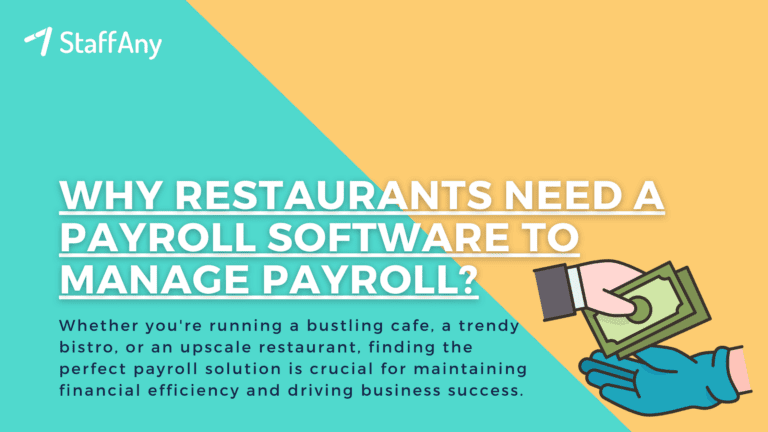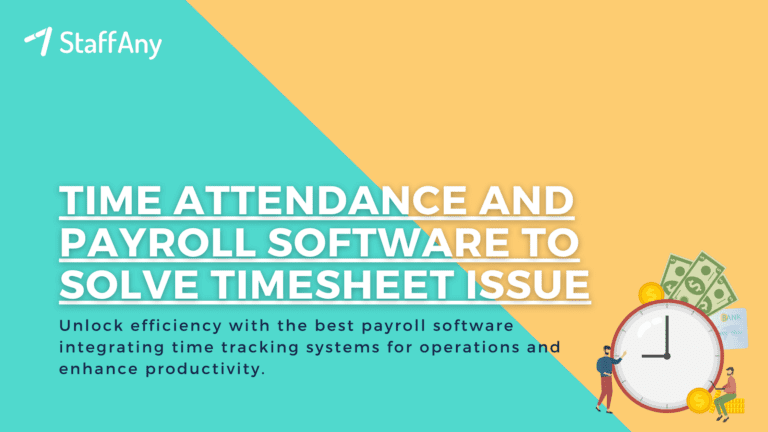Overtime work can be a sensitive issue for employees all over the world, including Malaysia. While some are willing to work beyond their normal working hours to earn extra income, others may not be comfortable with it due to personal reasons. So, the question arises, can employees refuse to work overtime in Malaysia? Let’s dive into Malaysian labour law to find out.
Malaysian Labour Law on Overtime

The Malaysian labour law that regulates overtime is the Malaysian Employment Act 1955. This law sets out the maximum number of working hours per day and week, and any work beyond these limits is considered overtime work.
What Constitutes Normal Working Hours?
According to the Malaysian Employment Act 1955, the maximum number of working hours per day is 8 hours, and the maximum number of working hours per week is 48 hours. Any work beyond these limits will be considered overtime work. However, some industries and professions have different working hour regulations that apply to them.
What Constitutes Overtime Work?
Any work done by an employee beyond the normal working hours is considered overtime work. The Malaysian Employment Act 1955 states that the maximum number of overtime hours an employee can work in a week is 104 hours. Furthermore, employees who work overtime are entitled to additional pay based on their basic salary.
Employers are required to pay employees who work overtime at a higher rate than their basic salary, based on the number of hours worked and the employee’s salary scale. Moreover, the Act also requires employers to keep records of the overtime worked by employees and the additional pay paid to them. The records should be maintained for at least five years from the date of the overtime work.
Can Employees Refuse to Work Overtime in Malaysia?

Now that we have an understanding of normal working hours and overtime work, let’s answer the question, “Can employees refuse to work overtime in Malaysia?” The answer is yes. Employees have the right to refuse to work overtime if it is not stated in their contract or if they have not given prior consent.
However, there are some exceptions. If the overtime work is stated in the employment contract or collective agreement, employees cannot refuse to work overtime. Employees who are in managerial positions or are performing essential services may also be required to work overtime, even if it is not stated in their contract.
In some situations, employees may also be required to work overtime due to an emergency, such as a natural disaster, to prevent damage to property or to prevent the loss of life. In such cases, employees cannot refuse to work overtime, and failure to do so can lead to disciplinary action.
It’s important to note that employees cannot be forced to work overtime against their will, and employers cannot take disciplinary action against them for refusing to work overtime unless it is required under the circumstances mentioned above.
Read more: A Comprehensive Guide on Shift Work Schedule Management in the F&B Industry
Paying Employees Who Work Overtime
In Malaysia, employers are required by law to pay their employees who work overtime at a higher rate than their basic salary. The rate of overtime pay depends on the number of hours worked and the employee’s salary scale.
1. Calculation of Overtime Pay
The overtime pay rate for an employee in Malaysia is at least one and a half times their hourly rate for every hour worked beyond the normal working hours. For example, if an employee earns RM10 per hour, their overtime rate will be RM15 per hour.
For work done on a rest day, the rate is at least two times the employee’s hourly rate for every hour worked. For work done on a public holiday, the rate is at least three times the employee’s hourly rate for every hour worked.
2. Overtime Claims
Employees who work overtime are entitled to claim for the additional pay. If an employer refuses or fails to pay the overtime rate, an employee can file a complaint with the Labour Department or make a claim through the Small Claims Tribunal.
Employers must keep accurate records of overtime work done by their employees and the additional pay paid to them. The records should be maintained for at least five years from the date of the overtime work. This is to ensure that employees are paid correctly and fairly for their overtime work.
3. Time Off in Lieu of Overtime Pay
In some cases, employees may be given time off instead of overtime pay. This is known as TOIL or Time Off in Lieu. TOIL is given at the rate of one and a half times the number of overtime hours worked. For example, if an employee works two hours of overtime, they will be entitled to three hours of TOIL.
The employer and employee must agree on the TOIL arrangement, and it must be recorded in writing. The TOIL must also be taken within one month of the overtime worked, unless otherwise agreed upon between the employer and employee.
4. Exceptions to Overtime Pay
There are certain exceptions to overtime pay under the Malaysian Employment Act 1955. For example, employees in certain managerial, executive or confidential positions may not be entitled to overtime pay. In addition, employees who earn more than a certain amount per month (currently RM2,000) are exempted from overtime pay.
However, it is important to note that these exceptions do not mean that employers can require their employees to work unlimited hours without any additional pay. Employers are still required to comply with the maximum number of working hours per day and week, and any work beyond these limits is considered overtime work.
Read more: How to Calculate Daily and Incomplete Month Salary
If you’re looking for a way to calculate overtime pay in Malaysia easily, look no further than StaffAny’s free overtime calculator in Malaysia! Our calculator takes into account the Malaysian Employment Act 1955 regulations and helps you easily calculate your employees’ overtime pay. Say goodbye to manual calculations and ensure that your employees are paid fairly for their hard work. Try StaffAny’s free overtime calculator in Malaysia today!











